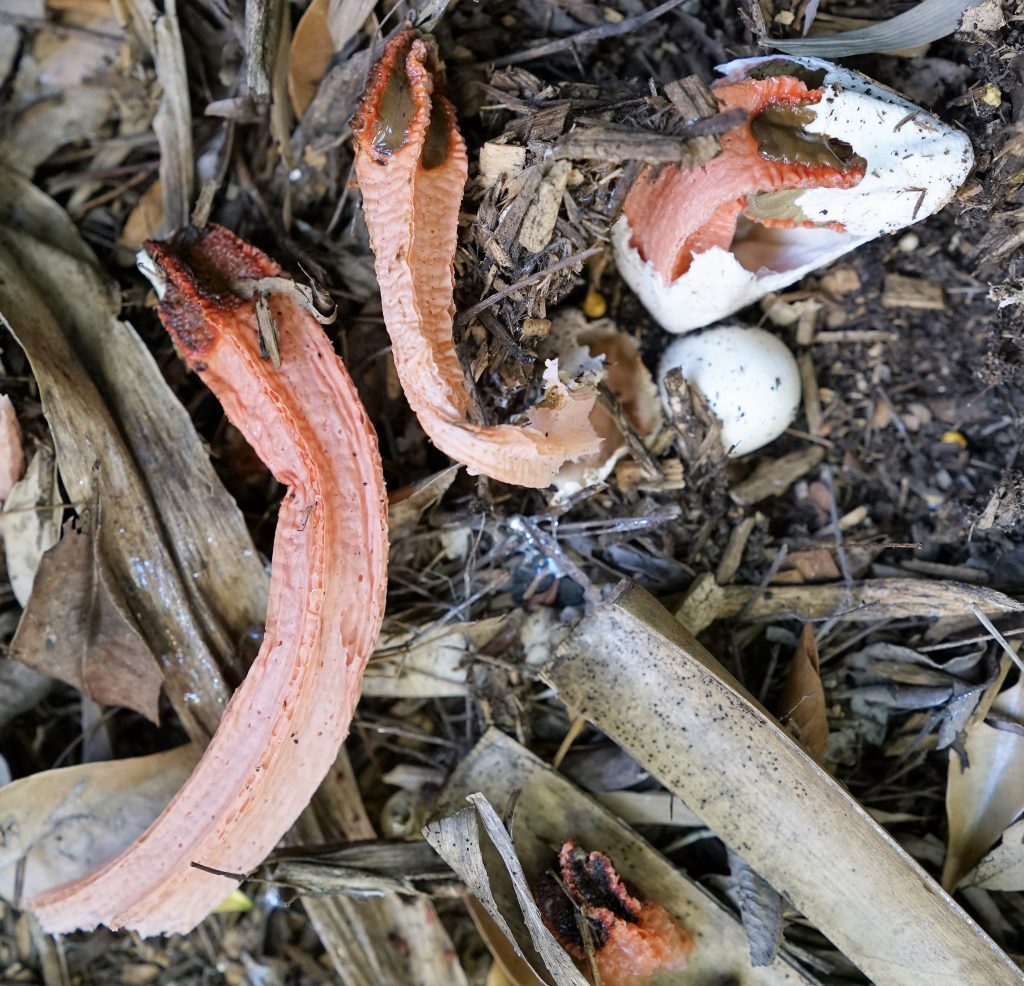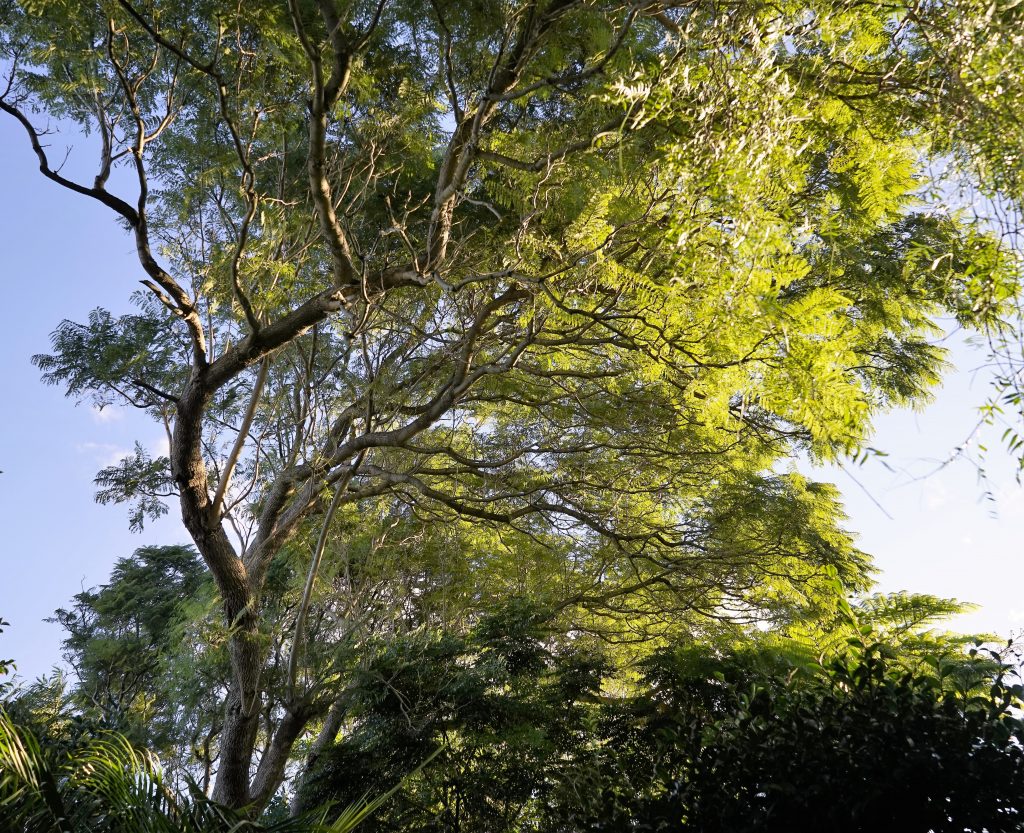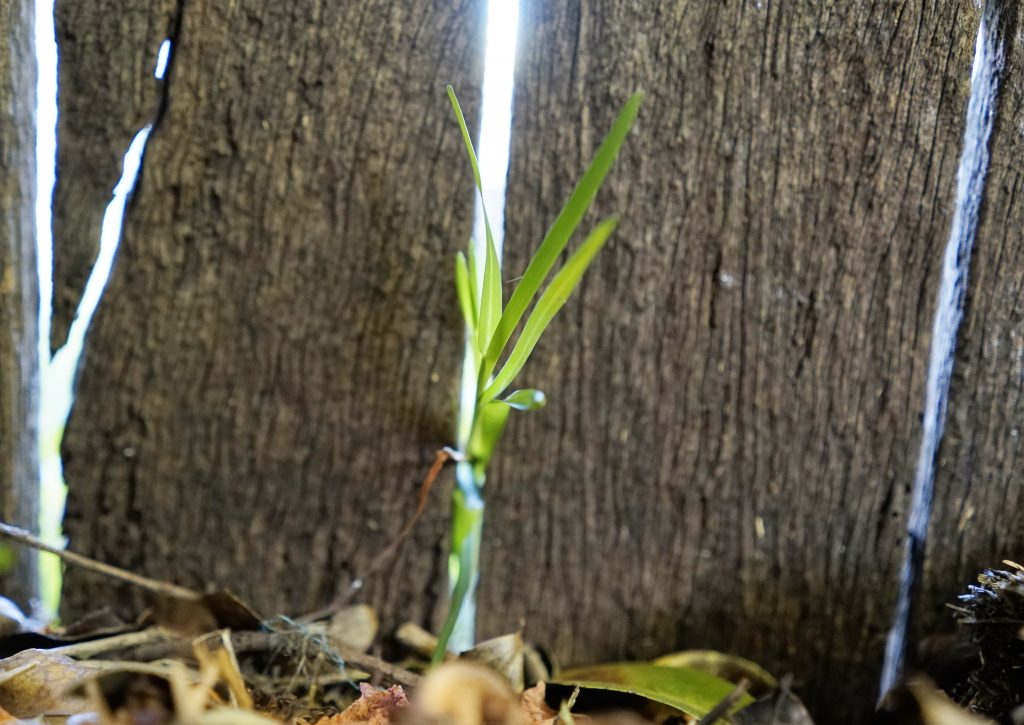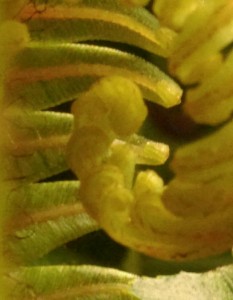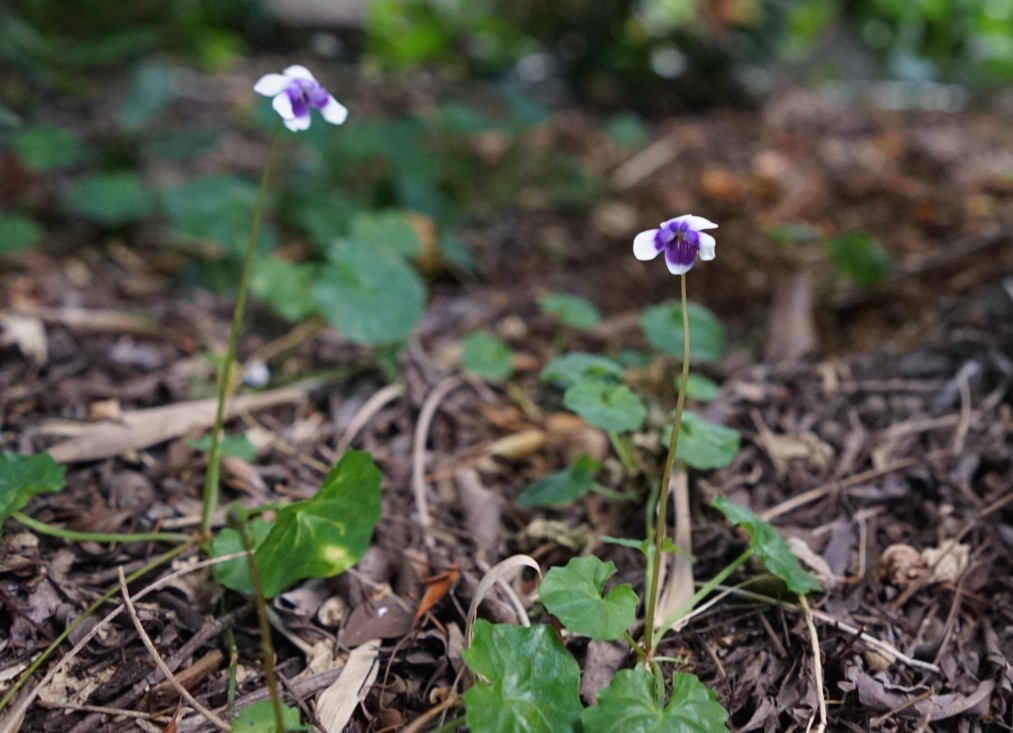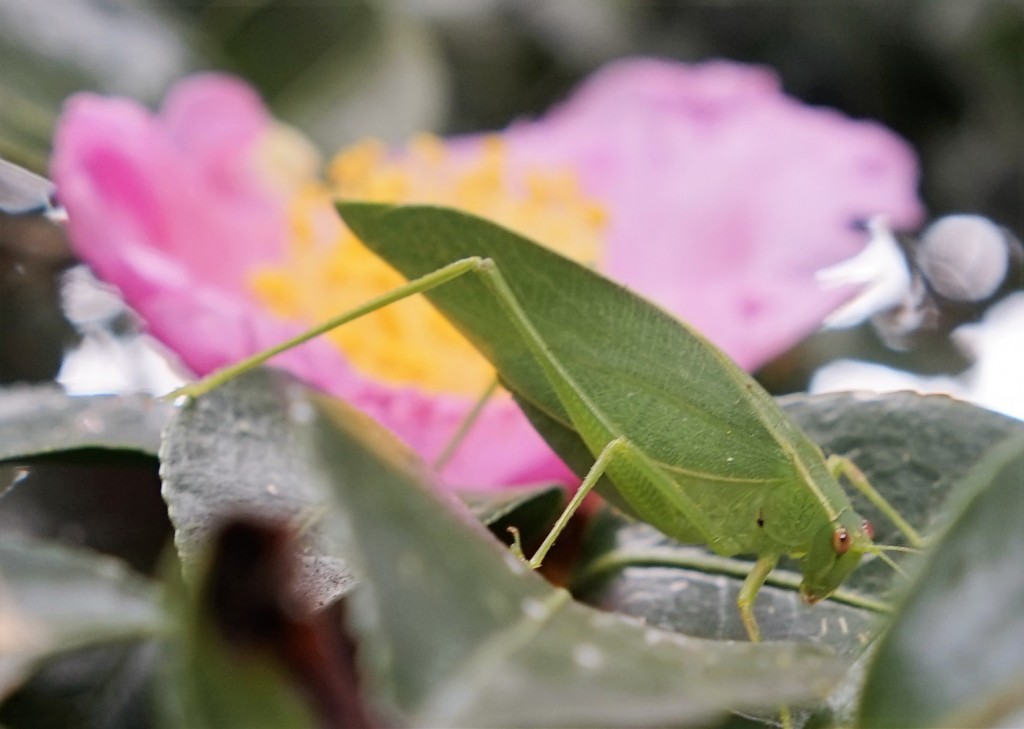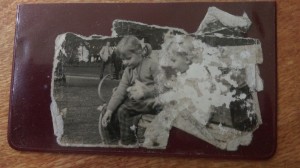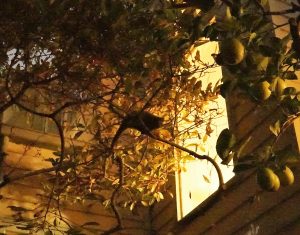
Something’s been thumping on our roof at night. It could have been the neighbourhood cats.
Something’s been eating the succulents on the balcony, even after protective wire was put around them. It could have been a rat, perhaps.
At night, something rowdy has been ransacking the camellia flowers and shaking loose the palm nuts from high up the neighbour’s tree. It could have been the flying foxes.
When I have woken in the earliest hours of the morning, and looked myopically through the bedroom window, isn’t that a silhouetted animal I’ve seen, scrambling down the long branches of the ash tree? Continue reading Charismatic Mammals
